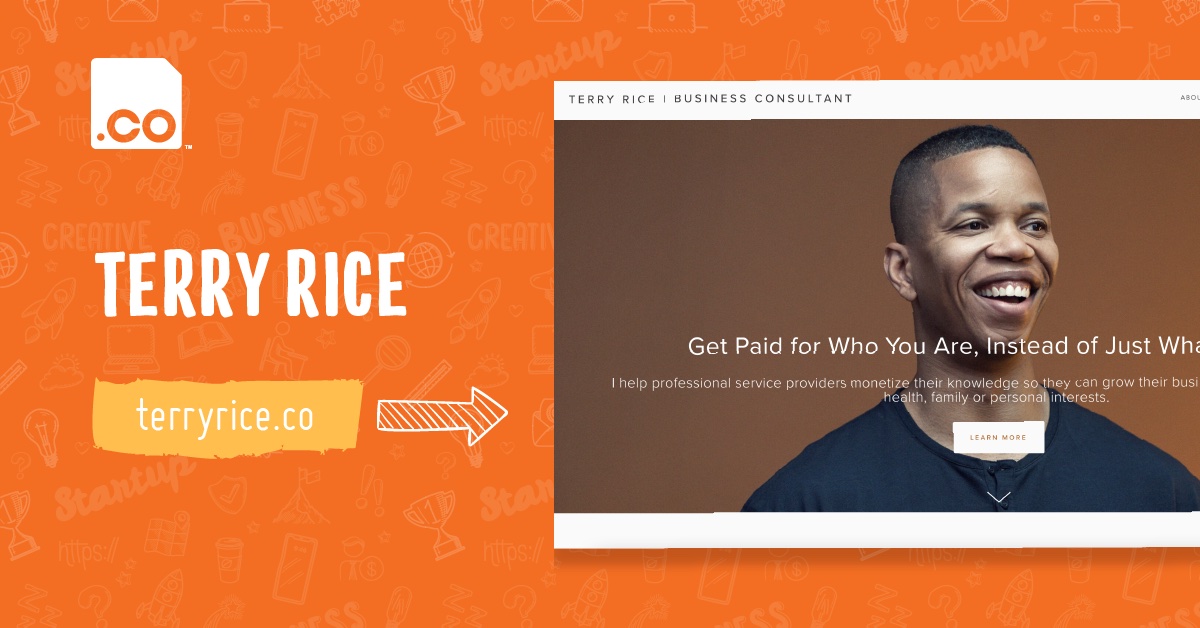Barry Maher is a speaker, writer and consultant on management, leadership, communication and sales. His books include Filling the Glass, a book that’s been cited as ‘[One of] The Seven Essential Popular Business Books’ and No Lie: Truth Is the Ultimate Sales Tool.
One summer while I was on vacation from college, I became a tin man: selling aluminum siding and roofing door to door in the Boston area. The business has a bad reputation but our siding and our roofs were the finest available. Our prices were high but fair. In spite of what consumers always want to believe, you can’t get the best without paying for it.
On the last afternoon I was with the company, I got the best sales lead I received that entire summer. Several weeks earlier, I’d sold a roof in West Roxbury to the Davenports. Now their neighbors, the O’Briens had called in and asked for me. Their house was identical to the Davenports. They wanted the same roof—our premium roof, the most expensive product we had to sell—at the same price.
I had a plane to catch, but this kind of sure sale was as rare as free money. Last afternoon or not, I was a commission salesperson, this was big sale and as long as I wasn’t dead and buried—death alone wouldn’t have stopped me—I was hauling myself out to West Roxbury.
Naturally, we were having a monsoon at the time. I had trouble finding the house, parked too far away and got soaked. I was cold and wet and I didn’t have much time, but the O’Briens knew exactly what they wanted, and they knew the price. So I figured, why bother with a presentation? I just wrote up the order. Then as I finished filling out the contract, I realized that on that very day the company had started a new promotion designed to give us an additional closing tool.
This sale was already closed but the O’Briens qualified for the offer. So I told them about it and said, “Because of what you’re already spending, with this promotion you can have all new, top quality gutters installed on your roof for just another $25.” Even in those days, the cost of new gutters would have normally run them hundreds of dollars. And their current gutters were marginal at best. I flipped back to the first page of the contract and started to write it up.
Mr. O’Brien stopped me. “Let’s just stay with what I told you I wanted,” he said somewhat irritably. “I think we’re spending quite enough here.”
At first, I honestly didn’t understand. To me, the gutters were worth hundreds of dollars. That’s what I’d been selling them for all summer. To Mr. O’Brien, they weren’t worth $25. Twenty-five dollars was more money back then, but it still was only a tiny fraction of the normal cost of those gutters and a microscopic fraction of what the O’Briens were spending on the roof. The problem was that I hadn’t sold him on gutters. I hadn’t established that he needed them and I hadn’t established their value.
I felt terrible because in my haste I’d obviously shortchanged him. I quickly tried to explain just what a great deal this was, but it was too late. He knew what he wanted, and among the things I hadn’t bothered to sell him was myself. To him, I was simply trying to tack a $25 add-on onto my sale. He wouldn’t even allow me to pitch it. I didn’t have the time it would take to backtrack and try to sell him from scratch.
“Tell you what,” I said munificently. “I’ll throw in the gutters. My gift to you.” My basic rule of negotiation was, If you give something, you get something. But I’d already gotten what I wanted. This was my way of working on the second part of that adage, Then deliver more than anyone expects. I’d take the $25 out of my commission.
“Okay,” Mr. O’Brien said, completely unimpressed. He never even bothered to thank me. The fact that I’d given the gutters away only confirmed that low value he put on them.
With the condition of the O’Brien’s current gutters and their budget, if I’d have gone out there before the promotion started and handled the call the way I normally did, in all likelihood Mr. O’Brien would have been delighted to pay top dollar to have our gutters installed. He would have seen it as a small price to pay for the amount of value he’d be receiving. As it was, he contracted for a very expensive roof without batting an eye but thought I was trying to slicker him when I simply assumed he’d want to spend another $25 for something he obviously saw no value in.
It doesn’t matter what you’re selling or what the price is. If you don’t establish value, you can’t sell a diamond for a dollar.
Copyright 2011, Barry Maher. Used by permission.




